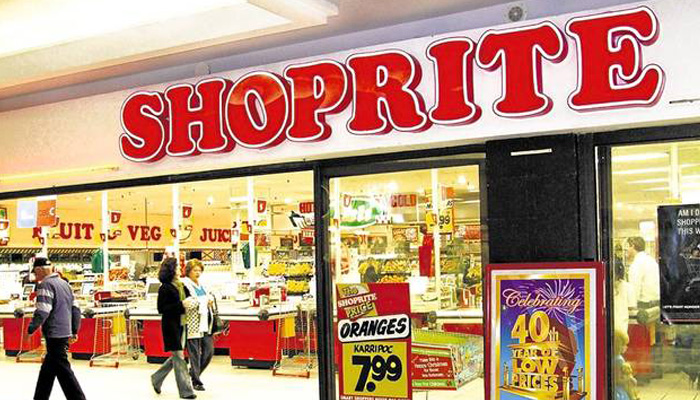Africa’s biggest grocery retailer, Shoprite, is exiting the continent’s most populated country, Nigeria, after 15 years.
According to a report, the Cape Town-based retailer has started a formal process to consider the potential sale of all or a majority stake in its supermarkets in Nigeria, it said in a trading statement for the 52 weeks to end June, released on Monday.
Shoprite’s exit from the country is coming at a time many South African retailers are struggling to get a foothold in the country’s ever competitive retail market.
The announcement by ShopRite came months after another South African brand, Mr Price, exited the market.
International supermarkets (excluding Nigeria) contributed 11.6% to group sales and reported 1.4% decline in sales from 2018. South African operations contributed 78% of overall sales and saw 8.7% rise for the year.
The company said it has been approached by potential investors willing to take over its Nigerian operations. It said it considering an outright sale of its operation or selling a majority stake in its Nigerian subsidiary.
“The Board has decided to initiate a formal process to consider the potential sale of all, or a majority stake, in Retail Supermarkets Nigeria Limited, a subsidiary of Shoprite International Limited. As such, Retail Supermarkets Nigeria Limited may be classified as a discontinued operation when Shoprite reports its results for the year. Any further updates will be provided to the market at the appropriate time,” the report stated.
“As such, Retail Supermarkets Nigeria Limited may be classified as a discontinued operation,” ShopRite said in a statement on Monday.
Shoprite opened its first store in Nigeria in December 2005 and now has a total of 26 stores across eight states in the country including Federal Capital Territory, Abuja. The company also claim to have employed more than 2,000 people in Nigeria, of which 99 per cent of them are Nigerians.
Shoprite also claimed to have built more relationships with over 300 Nigeria suppliers, small businesses and farmers.









